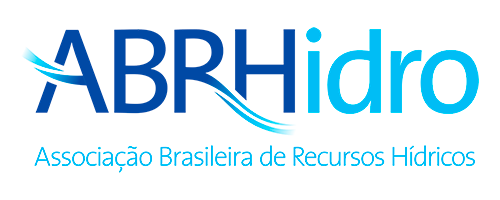XVII SRHNe - Simpósio de Recursos Hídricos do Nordeste
Data: 24/11/2024 à 29/11/2024
Local: João Pessoa - PB
ISSN: 2359-1900
Mais informações: https://www.abrhidro.org.br/xviisrhne
BIBLIOMETRIC ANALYSIS OF MACHINE LEARNING TECHNIQUES FOR ESTIMATING EVAPOTRANSPIRATION IN BRAZIL
Código
XVII-SRHNE0359
Autores
Heitor de Sousa Pantarotto, Abderraman Róger Amorim Brandão, Luiza Jardim Machado, Jamil Alexandre Ayach Anache
Tema
24. Uso da inteligência artificial em recursos hídricos
Resumo
Evapotranspiration is a crucial component in characterizing the water balance and varies across different biomes. Brazil encompasses various biomes, each subject to exploitation for agriculture, livestock, or the alteration of native forests. These changes affect the water balance, thereby affecting evapotranspiration. Recently, machine learning (ML) techniques have been applied to improve the estimation of evapotranspiration. However, despite the increasing amount of research, there is no established consensus on the effectiveness of these techniques compared to traditional methods, nor on which techniques are most suitable for Brazil. This study aims to conduct a bibliometric analysis investigating the trends of machine learning techniques for evapotranspiration estimation in Brazil. The methodology includes a systematic review and analysis of relevant literature from Scopus and Web of Science (WoS) databases, covering 71 articles. The results reveal a predominance of studies focused on the Cerrado biome, where Random Forest (RF) emerges as the most employed machine learning technique. These studies often concentrate on agricultural areas and irrigation practices. However, with agricultural expansion into other biomes, it is important to carry out studies in other areas such as the Pampa and Pantanal biomes.

